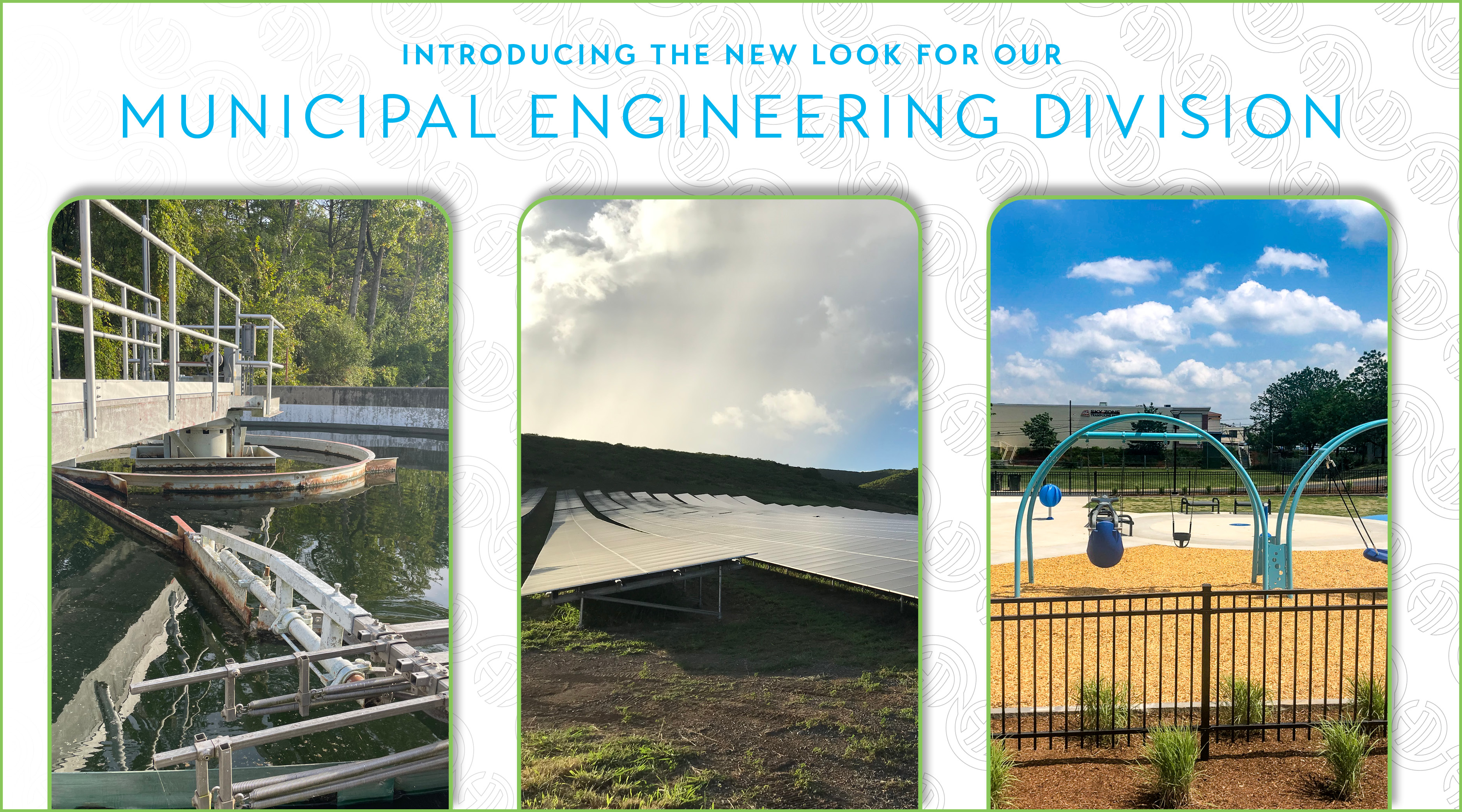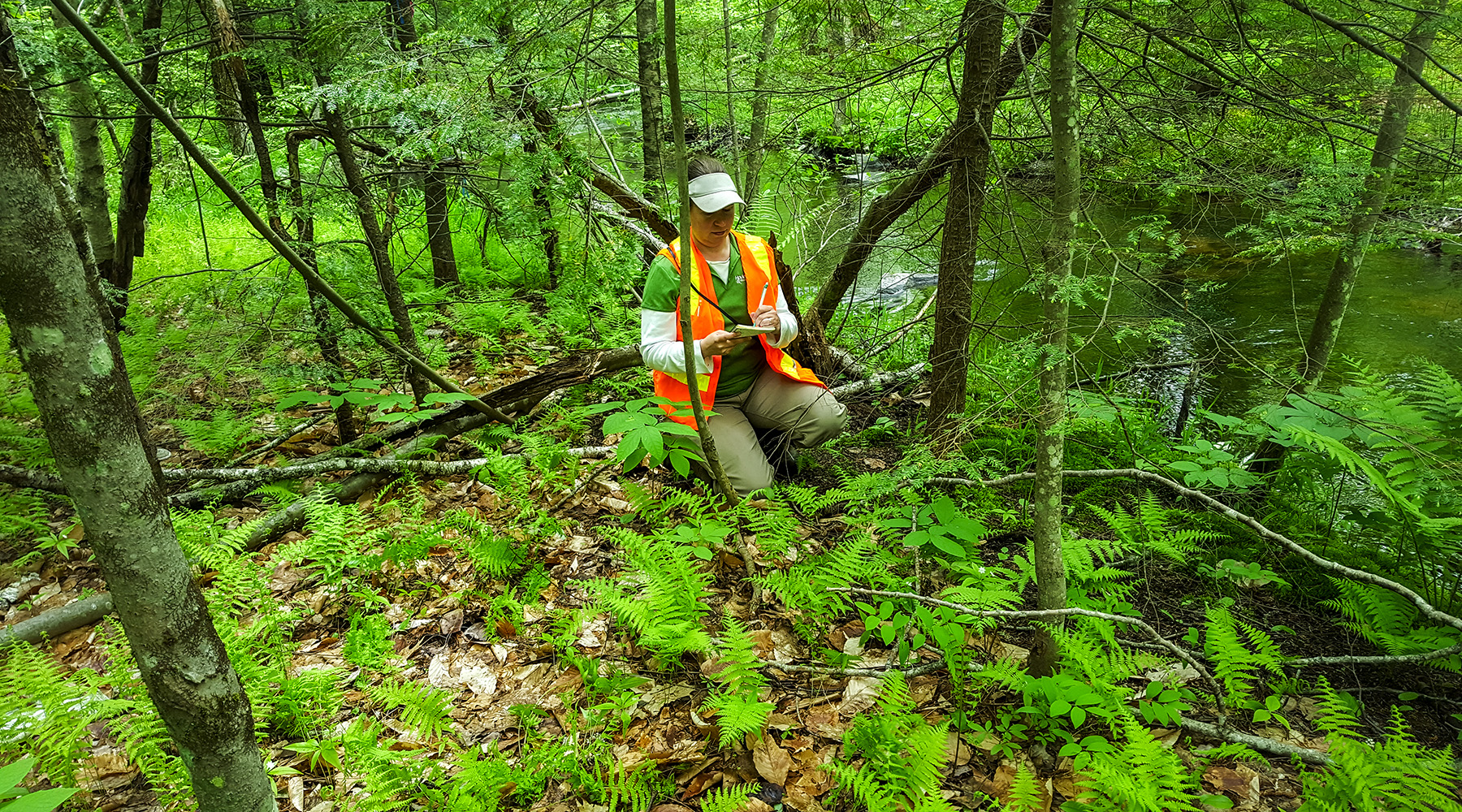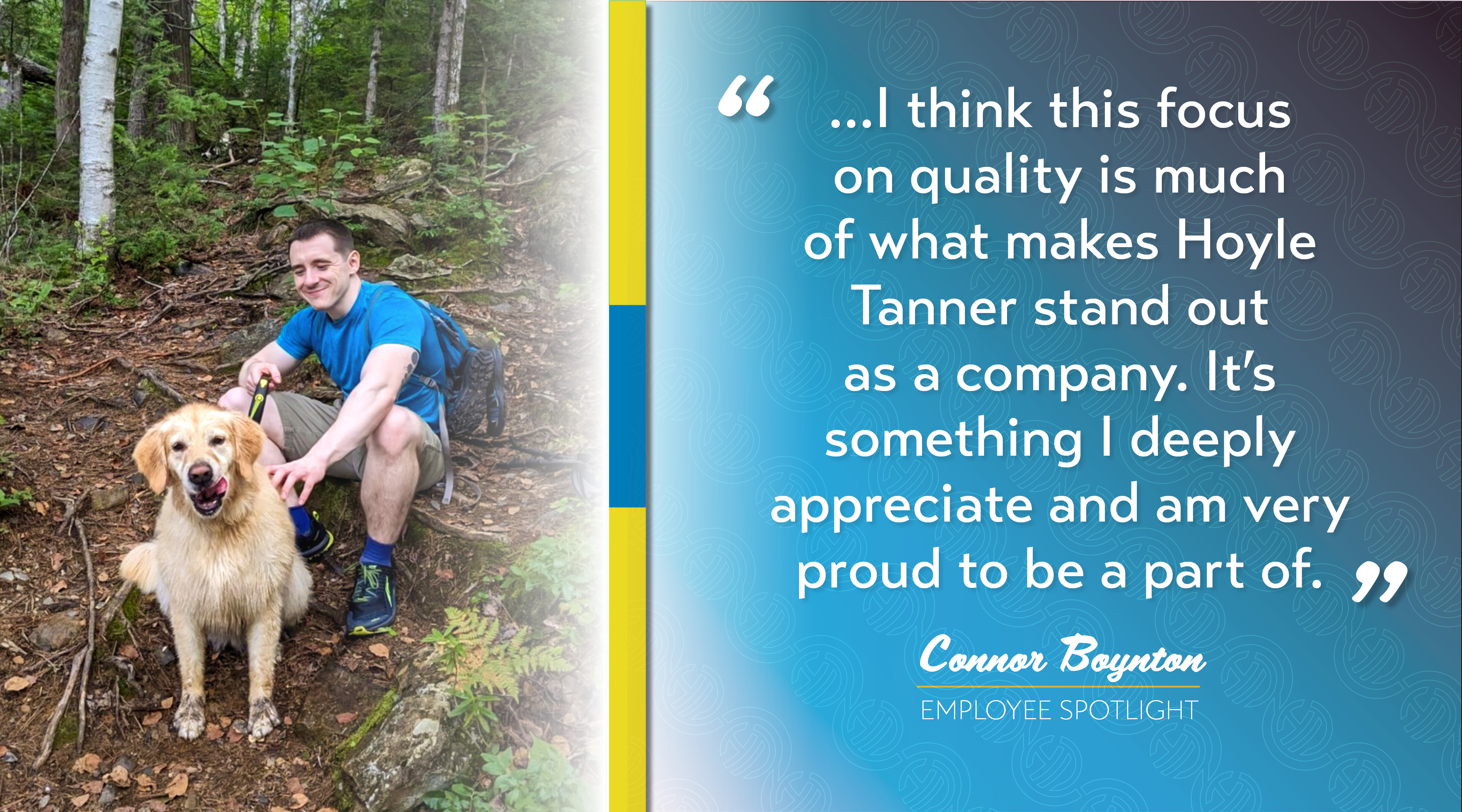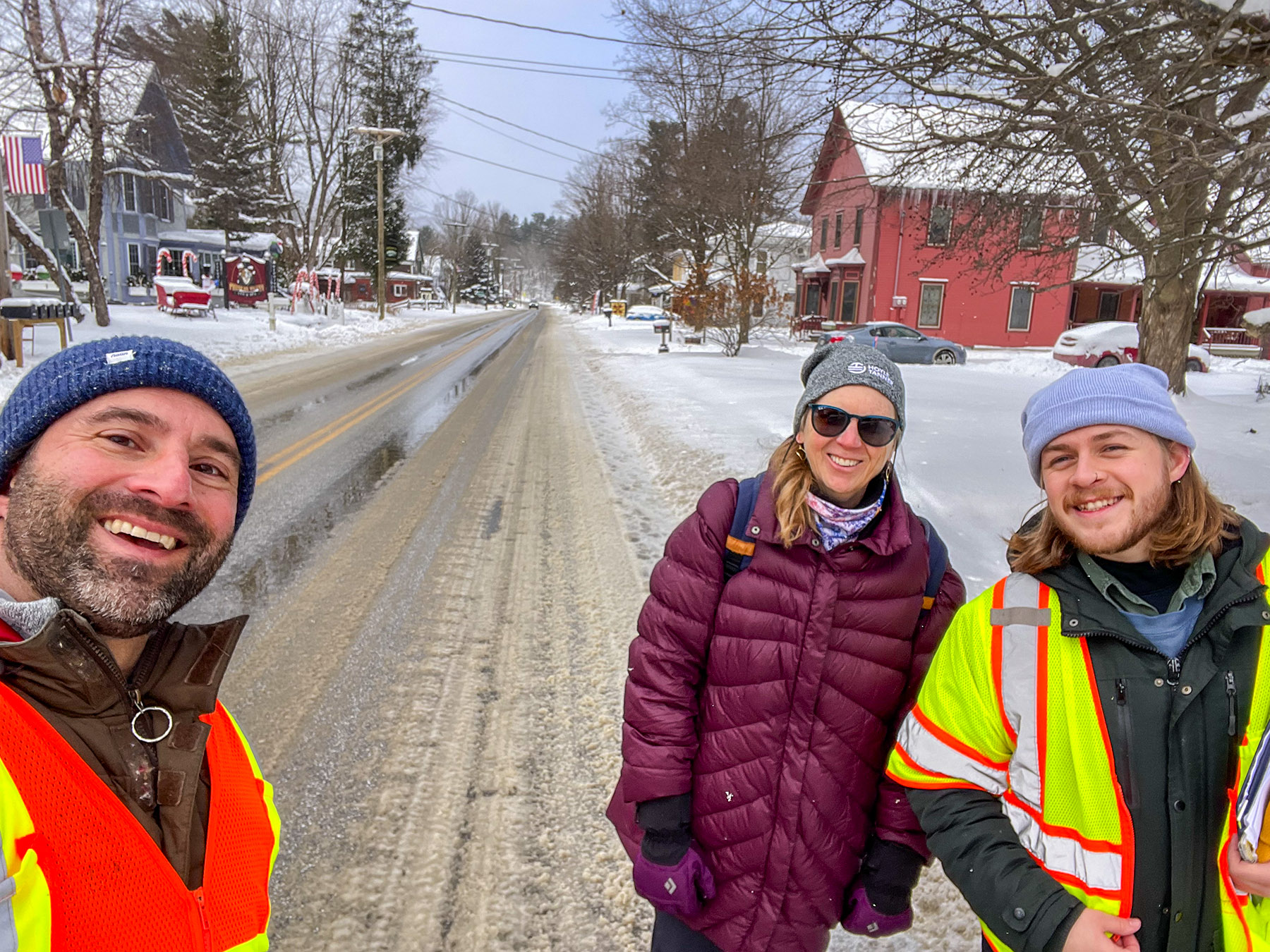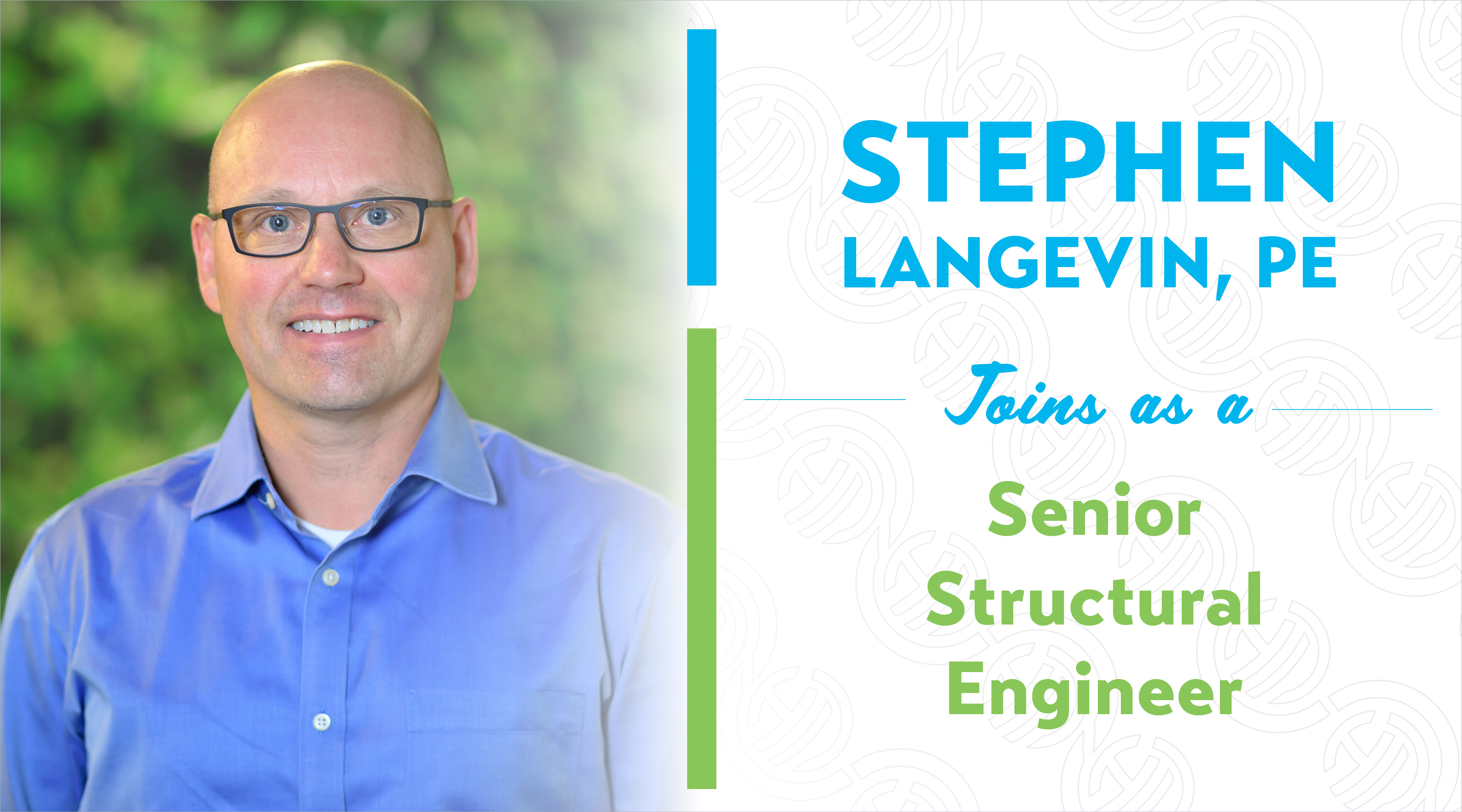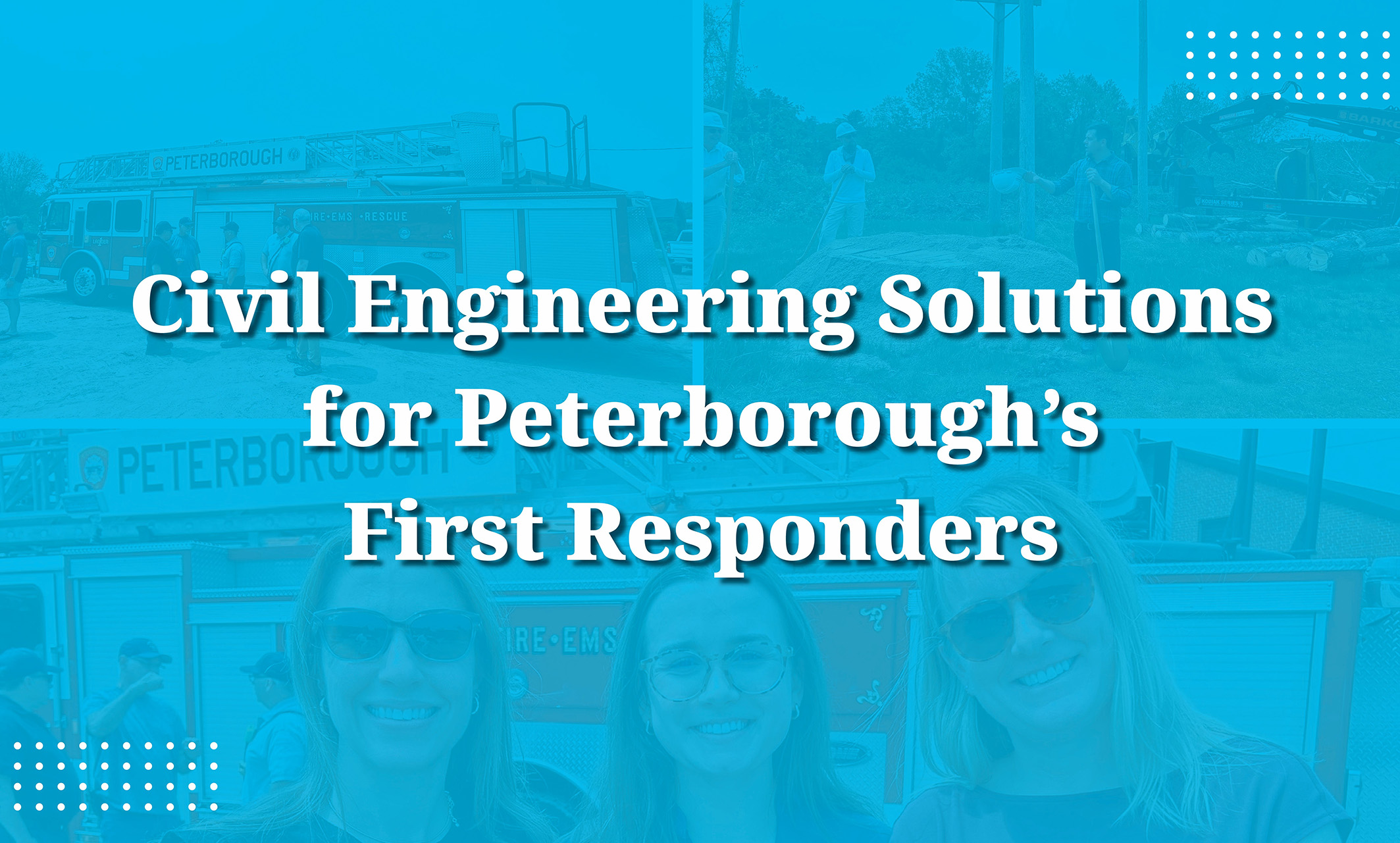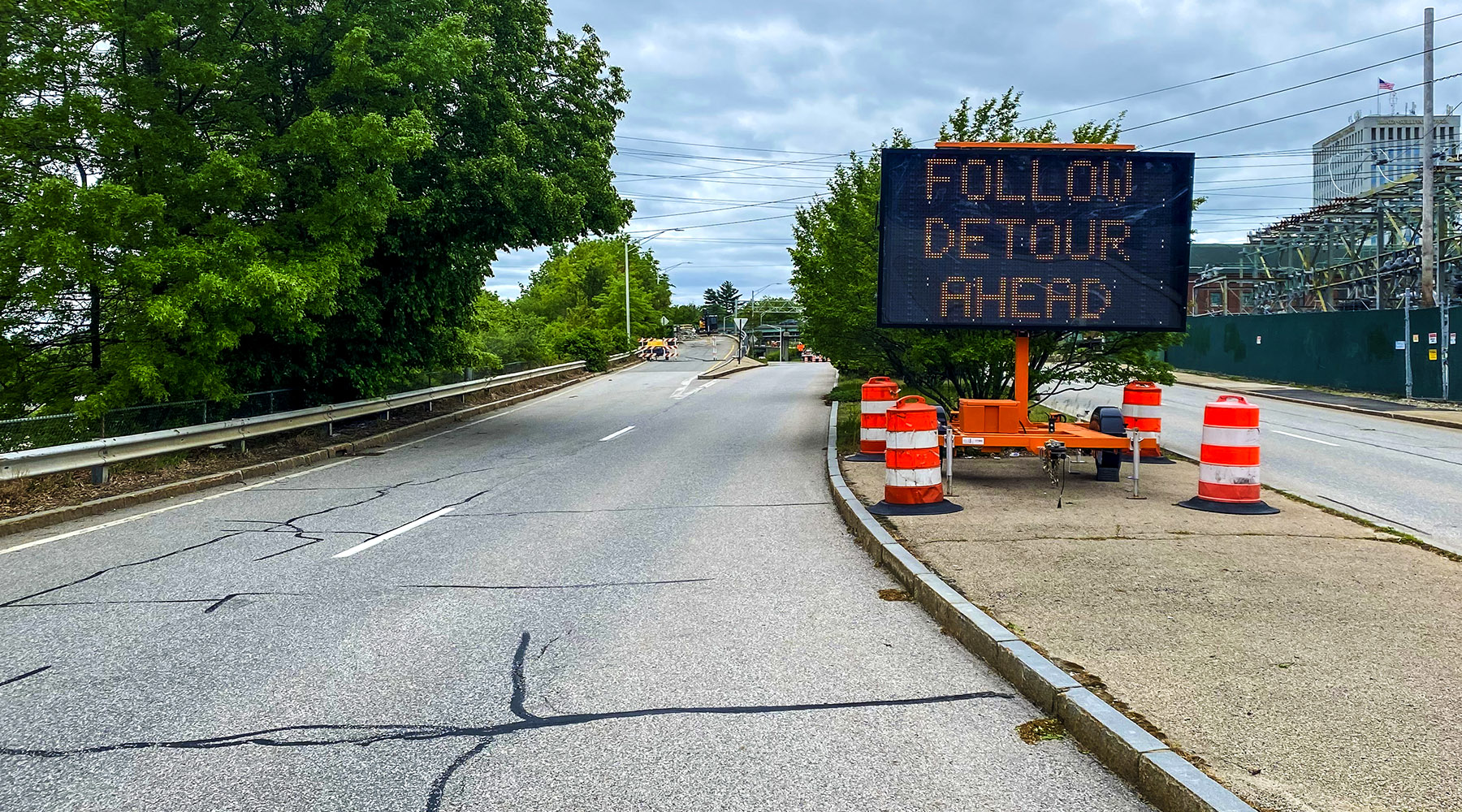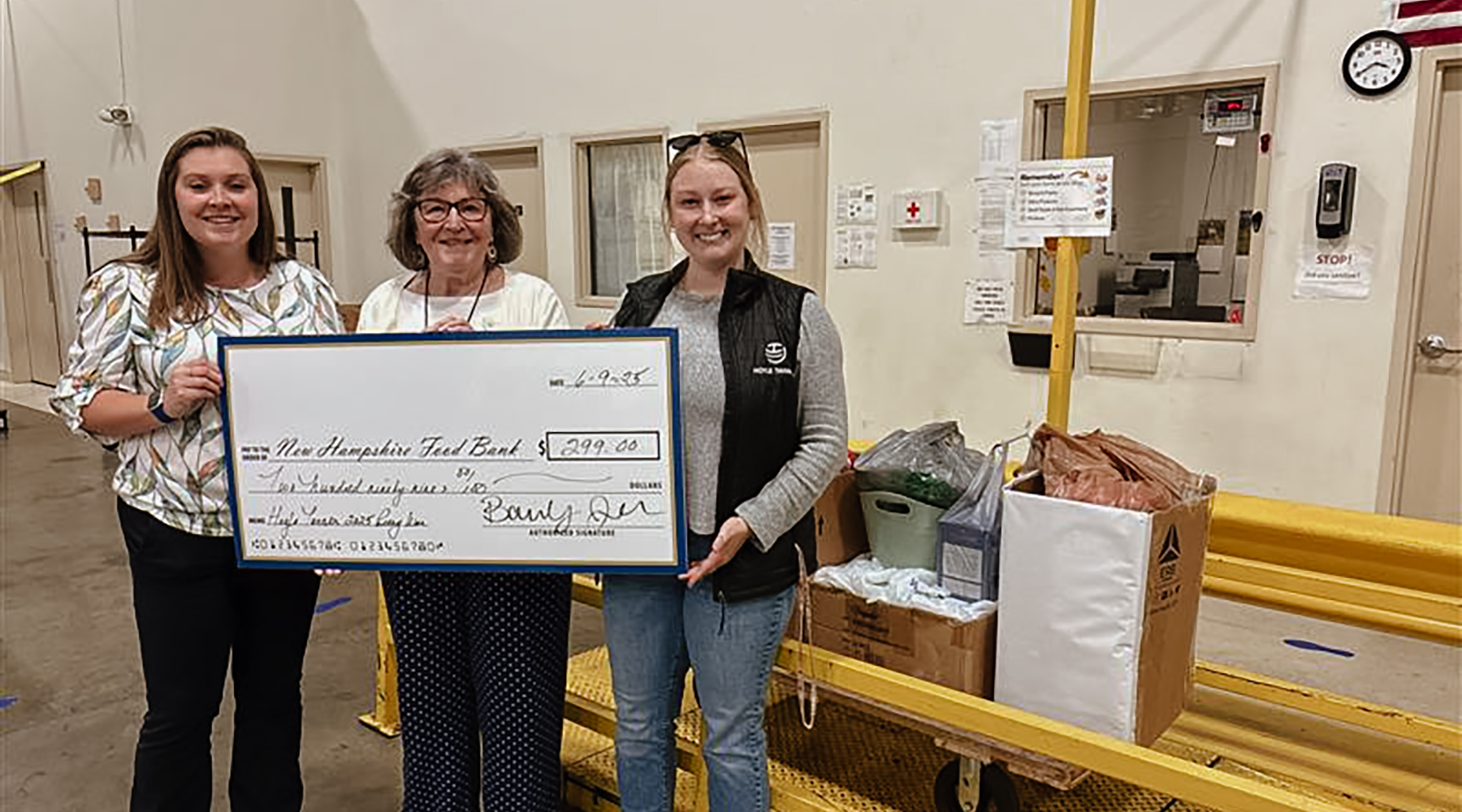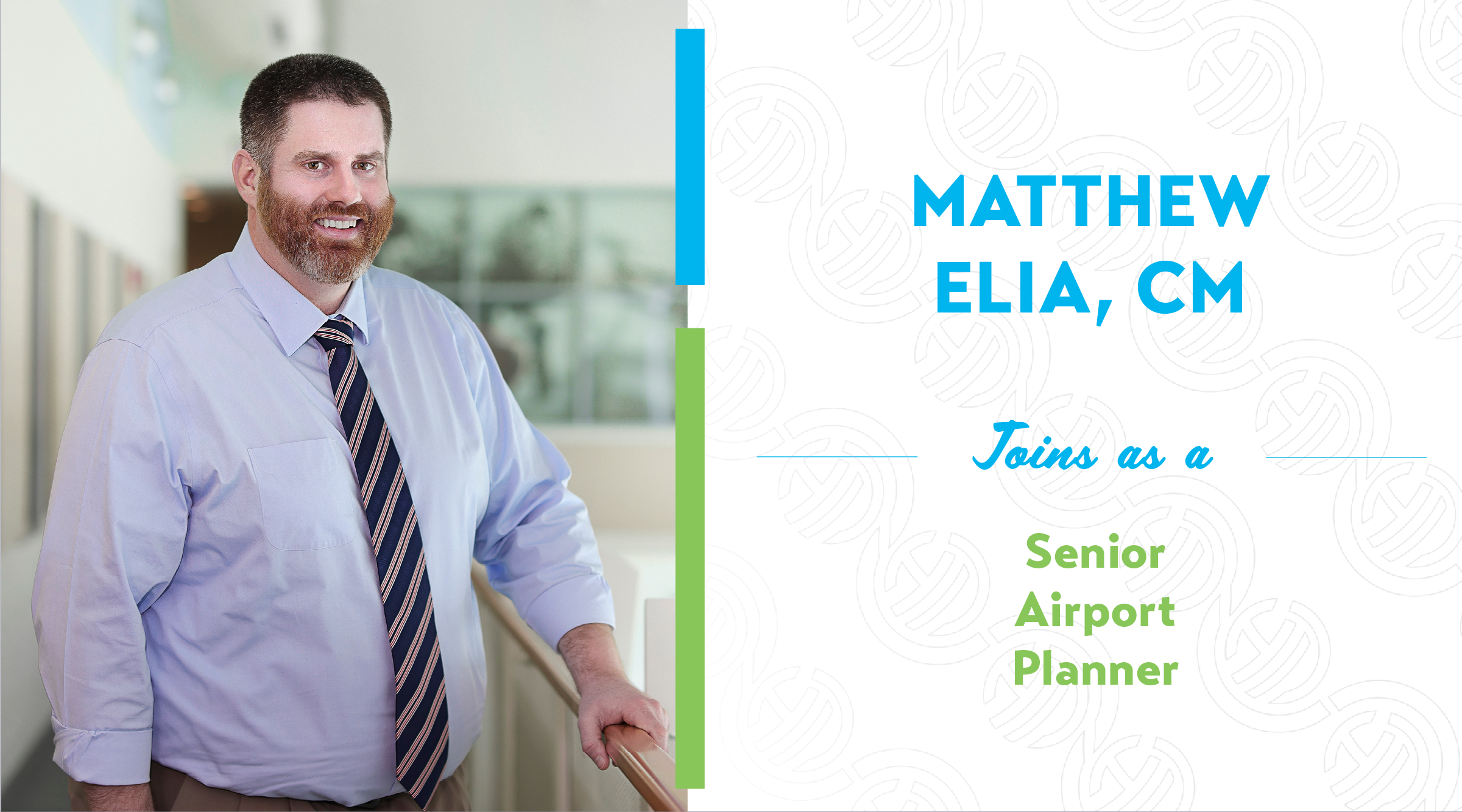Along with spring cleaning and warmer weather, this time of year has another mark to make on communities: updating water quality infrastructure. Whether your community is ready to replace aging pipes and pumps, meet new water quality standards, or manage stormwater, making improvements can be extremely costly and seemingly impossible. Thankfully, our team can help you secure funding.
Whether stormwater, drinking water, or wastewater, NH Department of Environmental Services (NHDES) administers low-interest loan and grant programs to assist your communities’ investment in water quality infrastructure. Each spring, NHDES opens an application period from mid-April to the end of June for eligible communities to apply for funding assistance. Funding applications for low-interest loan and grant funds are administered through the respective water quality programs at DES.
Eligible Community = a community that maintains a public water or wastewater system or stormwater system
Drinking Water Program
The Drinking Water and Groundwater Bureau (DWGWB) within NHDES provides valuable resources to support public water systems. Among the many services provided by DWGWB staff are monitoring public drinking water compliance, providing rules for proper planning, design, and construction of drinking water infrastructure, and administering funding assistance programs. One of the programs this bureau assists with is the low-interest loan program, created in 1996, is known as the Drinking Water State Revolving Loan Fund (DWSRF) program. This program is available to community public water systems and non-transient, non-profit water system owners.
DWSRF funds promote proactive drinking water measures such as source water protection, operator certification, small system technical assistance/capacity development and program administration. Capital improvement projects include replacing aging water pipes and meters, installing new wells, pumphouse and treatment system upgrades, interconnections, and construction of storage tanks.
Several benefits of using the DWSRF program to supplement local funds include:

To be considered for funding, a pre-application is required (this is something we help communities with across New Hampshire). DES encourages communities to submit their projects even if the timing of the project may not be advanced in the current year. This information is valuable to the DWSRF program to understand statewide drinking water needs better and to set appropriate funding levels to sustain the program. Once the pre-application deadline ends, DWSRF staff rank projects based upon the criteria outlined in the Intended Use Plan (IUP) to create a project priority list (PPL). DES publishes the draft PPL in July and distributes it for public comment in August each year. DES distributes the final PPL to communities via email in September. Where your project is ranked on the PPL determines when your project will be funded. Submitting a pre-application is simple, click on the link to get started: Submit a Pre-application
Remember, the DWSRF funding can be applied to planning! Hoyle Tanner engineers can help your community water quality and hydraulic needs to address complex drinking water, wastewater treatment, and stormwater management regulations.
Wastewater & Stormwater Funding Program
The DES Water Division’s Wastewater Engineering Bureau (WWEB) provides valuable resources to support wastewater infrastructure and non-point source (stormwater) pollution control projects. WWEB staff monitor water quality compliance, provide rules for proper planning, design, and construction of pollution control projects, and administer funding assistance programs. NHDES administers a low-interest loan program called the Clean Water State Revolving Loan Fund (CWSRF) program. This program is available to community public water pollution control systems.
CWSRF funds promote planning, design, and construction projects for communities, non-profits, and other local government entities. Project types include wastewater infrastructure projects (collection systems, pumping stations, and wastewater treatment) and other water pollution control projects (non-point source, watershed protection or restoration, and estuary management).
In addition to the CWSRF program, DES also administers the State Aid Grant (SAG) program to assist eligible communities with paying down the debt on their completed pollution control projects. Pre-applications are taken in advance of project completion with full applications due upon project substantial completion. Hoyle Tanner’s Northeast Municipal Engineering Services Group (NEME) is available to assist communities applicants with their applications.

To be considered for CWSRF or SAG funding, a pre-application is required. DES encourages communities to submit their projects even if the timing of the project may not be advanced in the current year. This information is valuable to the programs to understand better statewide water pollution control needs and secure funding to sustain the program. Once the pre-application deadline ends, CWSRF and SAG staff rank all pre-applications and a PPL is created, which is included in the Intended Use Plan. The CWSRF and SAG programs provide the public an opportunity to review and comment on the IUP every August. Once the Intended Use Plan is finalized, applicants who have been approved for funding secure the authority to borrow and submit a loan application. Grant fund applications are not advanced until the project is under construction and nears substantial completion.
NEME engineers are available to assist you with submitting a pre-application for wastewater collection, conveyance, and treatment as well as for nonpoint source (stormwater) projects. Pre-applications are also required for asset management, energy efficiency, and planning projects. Depending on the nature of your project – planning, design, or construction phases – we can assist you with managing funding eligibility requirements to secure the funding through all phases of your project. The 2023 funding cycle is underway with deadlines fast approaching.
NH Online Forms:
2023 Application Timeline

Next Steps
Hoyle Tanner’s Northeast Municipal Engineering Services Group routinely helps communities prepare funding applications and pre-applications for their water quality projects. Our NEME water quality team is skilled in planning, design, bidding, and construction administration for drinking water, wastewater, and stormwater projects. Reach out to me, and we’ll help you navigate the process from concept through construction.
*It’s Hoyle Tanner’s 50th anniversary this year! Keep an eye on our Facebook, LinkedIn, and Twitter feeds for articles and anniversary news!

